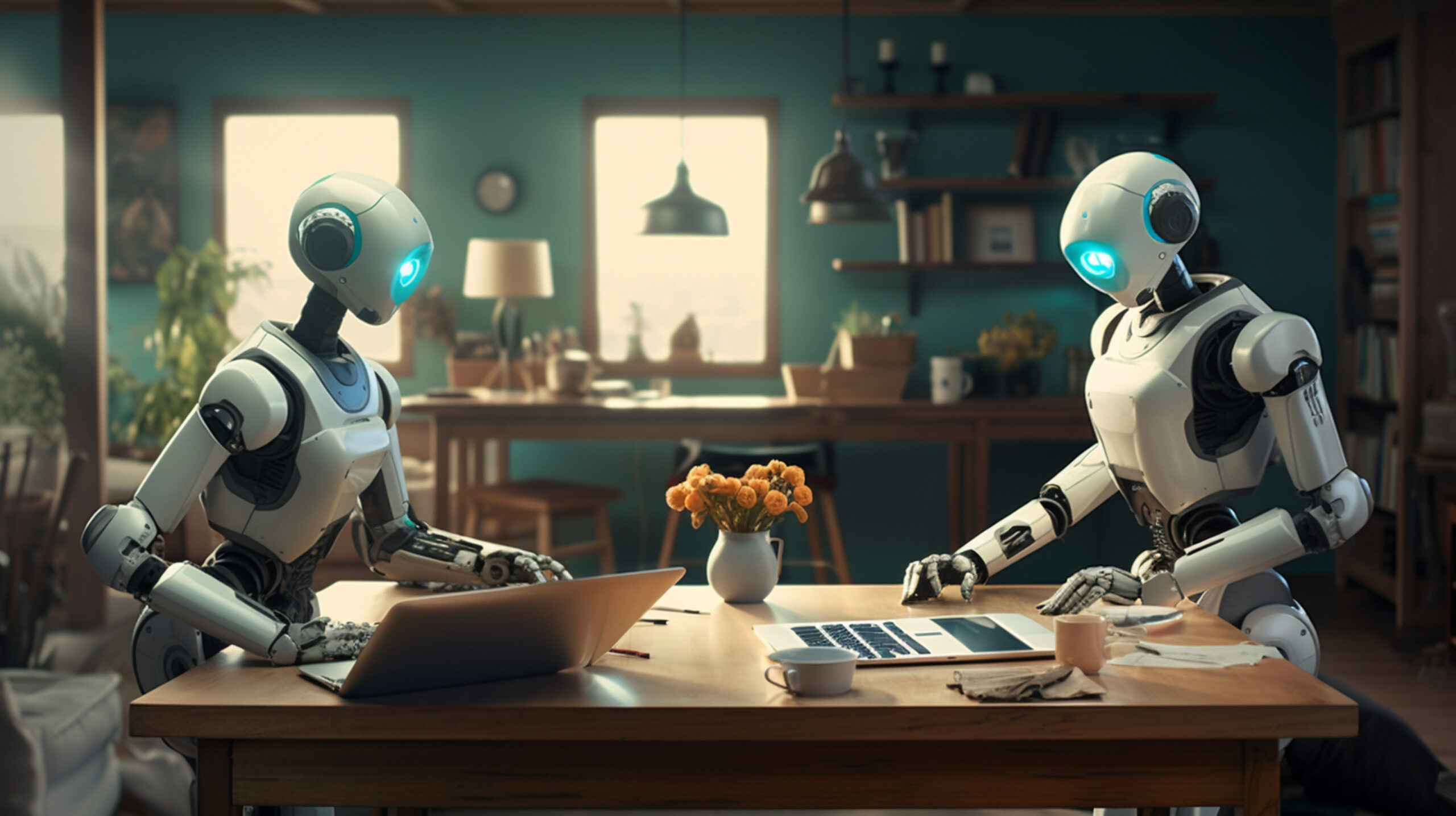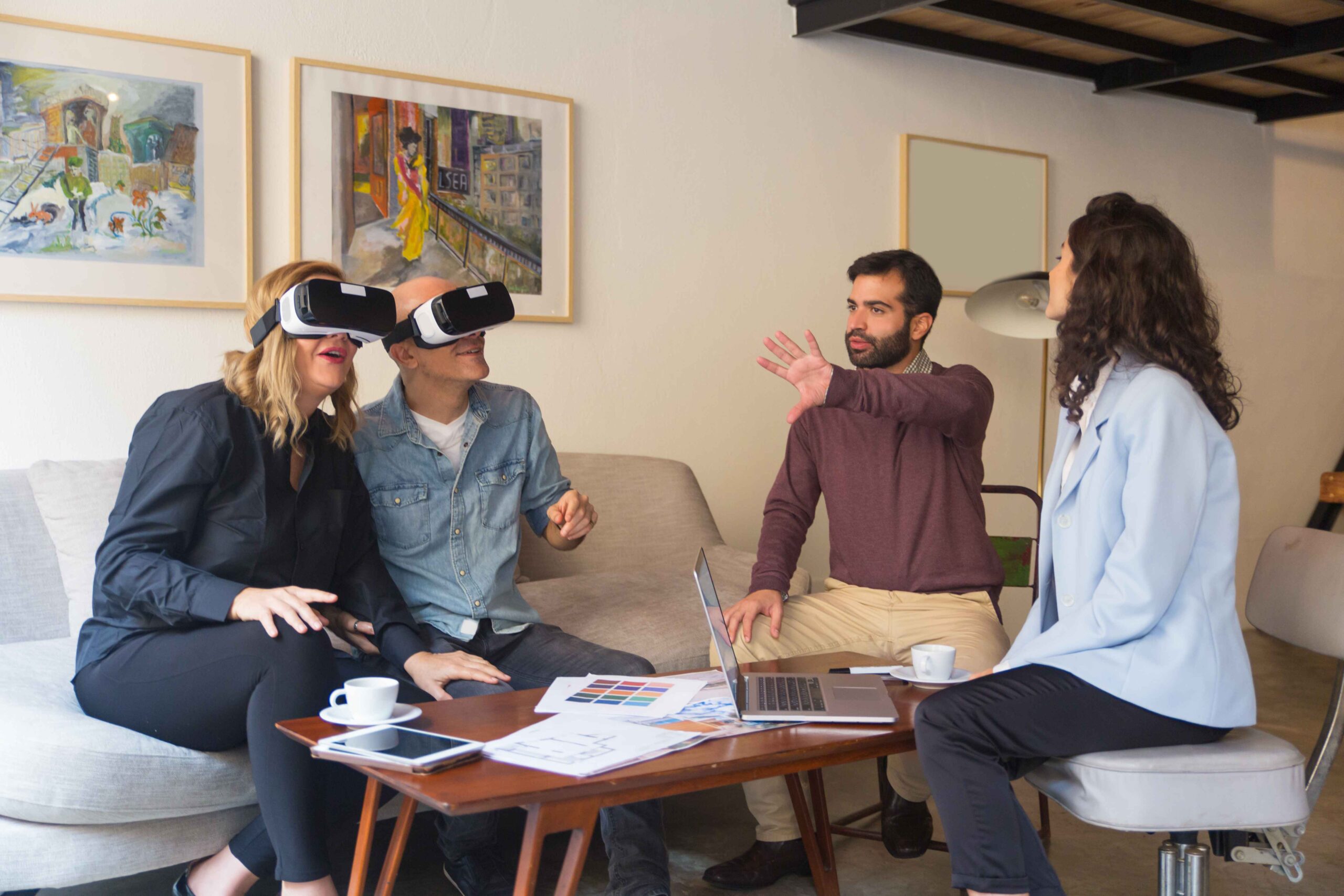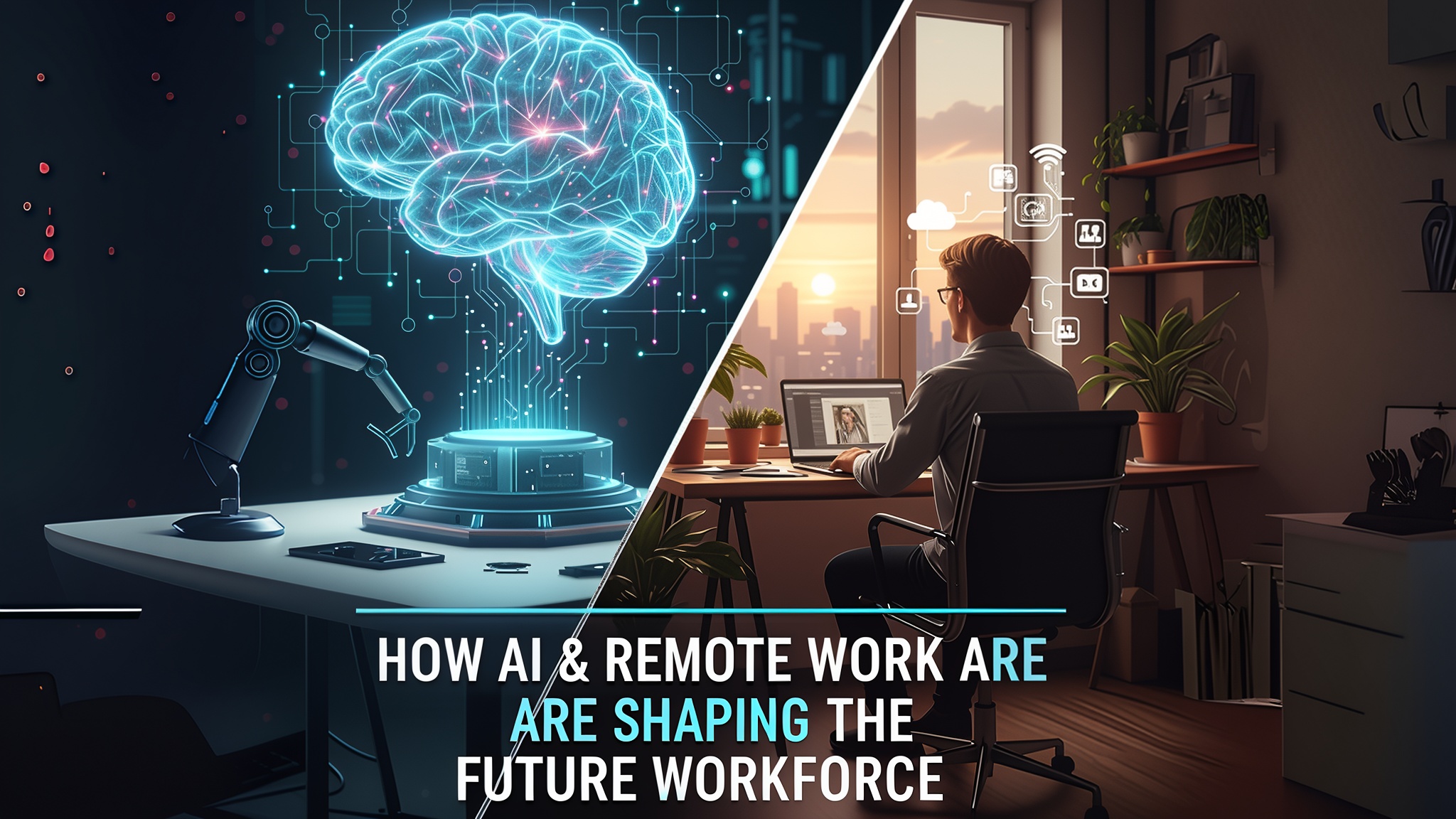Have you ever paused to wonder how quickly technology is changing the world around us? In just a few short years, things like self-checkout machines, chatbots, and even self-driving cars have become part of everyday life. As convenient as all these tools are, they’re also quietly reshaping the job market. And if you’re wondering which jobs might be replaced by Artificial Intelligence (AI) in the near future, you’re not alone.
AI is no longer science fiction — it’s a practical tool being used today to automate tasks, improve efficiency, and reduce costs. While this opens exciting doors, it also raises a big question: What jobs will AI replace by 2026? Let’s dive into the top 10 roles that could see a dramatic shift in the next couple of years.
The Rise of Artificial Intelligence in the Workplace
Before we look at the list, it’s important to understand why AI is being adopted so rapidly. Simply put, machines don’t need lunch breaks, don’t make human errors, and can work 24/7. Companies love that. AI can quickly process data, recognize patterns, and make decisions — and often, it does these things better than humans.
That said, not all jobs are at risk. Roles that require emotional intelligence, creativity, human touch, or strategic thinking are harder to automate. But some jobs, especially ones that are repetitive and routine, are ripe for disruption.
Top 10 Jobs AI Will Likely Replace by 2026
1. Telemarketers
If you’ve ever been interrupted at dinner by a sales call, chances are it wasn’t even a real person. AI-driven voice bots are getting better at carrying conversations and can handle more calls simultaneously than humans. Companies are switching to automated systems to cut down on costs and improve call efficiency.
2. Data Entry Clerks
Data entry may be time-consuming for humans, but it’s a breeze for machines. AI tools can scan documents, extract important information, and input it faster and with fewer errors than a person can. If your job is mostly copying and pasting numbers into spreadsheets, now might be the time to learn some new skills.
3. Retail Cashiers
Ever used a self-checkout lane at the grocery store? That’s AI slowly replacing retail cashiers. Even some restaurants now use tablets to take orders and payments. With advances in computer vision and machine learning, store transactions can now happen with little or no human assistance.
4. Proofreaders
Grammarly, anyone? AI-powered proofreading and editing tools have become incredibly sophisticated. While they might not catch every nuance or understand all context, for basic edits, they’re spot-on. Businesses looking to save money often use AI to polish content instead of hiring a traditional proofreader.
5. Delivery Drivers
With companies like Amazon and Tesla investing heavily in autonomous vehicles, the delivery industry is next in line for automation. Self-driving delivery vans and drones are already being tested. It might sound like a scene out of a sci-fi movie, but AI-powered deliveries may become the norm sooner than you think.
6. Customer Support Agents
Do you ever chat with a company online and wonder if it’s a real person responding? In many cases, it’s not. AI chatbots can now answer basic queries, guide users, or handle transactions — all without human assistance. Though live agents are still needed for more complex issues, basic support roles are being phased out.
7. Market Research Analysts
AI doesn’t just gather data — it can also analyze it, interpret trends, and even make predictions. With tools that can comb through mountains of data in seconds, companies are relying less on humans to interpret market behavior. AI can create reports, identify insights, and sometimes even recommend next steps, cutting down the need for traditional research roles.
8. Security Guards
Surveillance systems are already being enhanced with AI-driven face recognition and predictive analysis. A single AI-powered camera can do the job of multiple guards — spotting unusual behavior, triggering alerts, even locking doors. While humans are still needed for emergencies, routine monitoring jobs are quickly being replaced.
9. Fast Food Workers
Self-service kiosks are becoming a staple in many fast-food chains. Robots that flip burgers and AI systems that take voice orders are also appearing in test locations. One chain even introduced a robot barista that can prepare dozens of drinks per hour.
Think about your last fast food experience — did you interact with a person or a screen?
10. Receptionists
Gone are the days when a friendly face greeted you in the lobby. Today, many businesses use virtual receptionists or smart assistants to manage appointments, provide information, and even guide visitors. AI tools can handle large volumes of tasks at once, providing a cost-effective alternative to front-desk staff.
So, What Can You Do About It?
You might be thinking, “Is my job safe?” If your work is highly repetitive or rule-based, there may be a risk. But the good news? You’re not powerless.
Here’s how you can future-proof your career:
- Learn New Skills: Focus on abilities that AI can’t easily replicate, like creativity, empathy, and complex problem-solving.
- Get Comfortable with Technology: Take online courses, explore new software, or even learn a bit of coding.
- Adapt and Upskill: Be open to change. Continuous learning gives you more flexibility if your current job is affected.
Think of it this way: Just like calculators didn’t eliminate the need for math, AI won’t completely wipe out jobs. But it will change how we do them. The people who thrive will be those who adapt and evolve with technology, not fear it.
Wrapping It Up: AI Is a Tool, Not a Threat
AI is here, and it’s not going away. Yes, some jobs will disappear, but others will be created. In fact, many of the roles around AI — like prompt engineering, AI ethics, and algorithm auditing — didn’t even exist a few years ago.
As we look toward 2026, the key is to stay informed, flexible, and ready to grow. Ask yourself: How can I work with AI instead of fearing it? Because in the end, whether AI is a tool or a threat depends on how we choose to use it.
What are your thoughts? Have you seen any of these changes at work already? Drop a comment below — we’d love to hear how AI is impacting your world.
And if you’re interested in learning how to adapt to the AI-powered future, be sure to subscribe for more tips, guides, and insights tailored just for you!
Keywords:
AI in the workplace, jobs AI will replace by 2026, future of jobs and artificial intelligence, automation and job loss, careers at risk from AI, artificial intelligence jobs impact





